Lockdown Reflections – A Bolton Story
By Guest Author 5th August 2020 Culture & Society
Continuing our Covid-19 lockdown reflections, Alan Brown charts the development of mutual aid networks in Bolton, UK.
When the current crisis began Bolton Diggers had to make some difficult decisions, most of which were out of our hands. We manage four community gardens, one community centre and a refugee cooking project feeding 150 people a week at a church centre. The first thing to be closed was the refugee feeding project as it is embedded in a local charity’s drop-in within a large church hall and, amongst other things, the risk to the drop-in’s elderly volunteers of so many people mingling together meant its immediate closure and hence as a knock on effect, of our feeding project too.
Next, one of our community gardens was centrally a food growing teaching project for refugees so this had to be closed. Then we had to look at our community garden based at our centre which is run by a project for people with dementia and their partners. Clearly this had to be mothballed too given the risk for older people with pre-existing conditions. This left us with two gardens, the two largest ones fortunately in terms of food production. At the one in Halliwell, mostly attended by people with mental health challenges, the gardeners worked out a clever social distancing strategy in which people were given time slots during the week to go down on their own or in pairs. Tasks needing to be done or tasks collected were recorded on a large blackboard ready for the next people to see when they went down. Thanks to this innovation production at the site has not been effected.
The other large community garden in Great Lever involves a general growing section and a smaller subsection for a mental health group. Again, the latter group worked out a staggered social distancing strategy and production was maintained. The general plot became the launch pad for the next step.
In March we organised a get together for volunteers who wanted to support their self-isolating neighbours. We formed a new group and named it ‘Bolton Mutual Aid’. We set up a Facebook page and held a socially distanced organising meeting in the garden. Soon we attracted a core of thirty volunteers many of whom had never participated in any sort of volunteering previously.
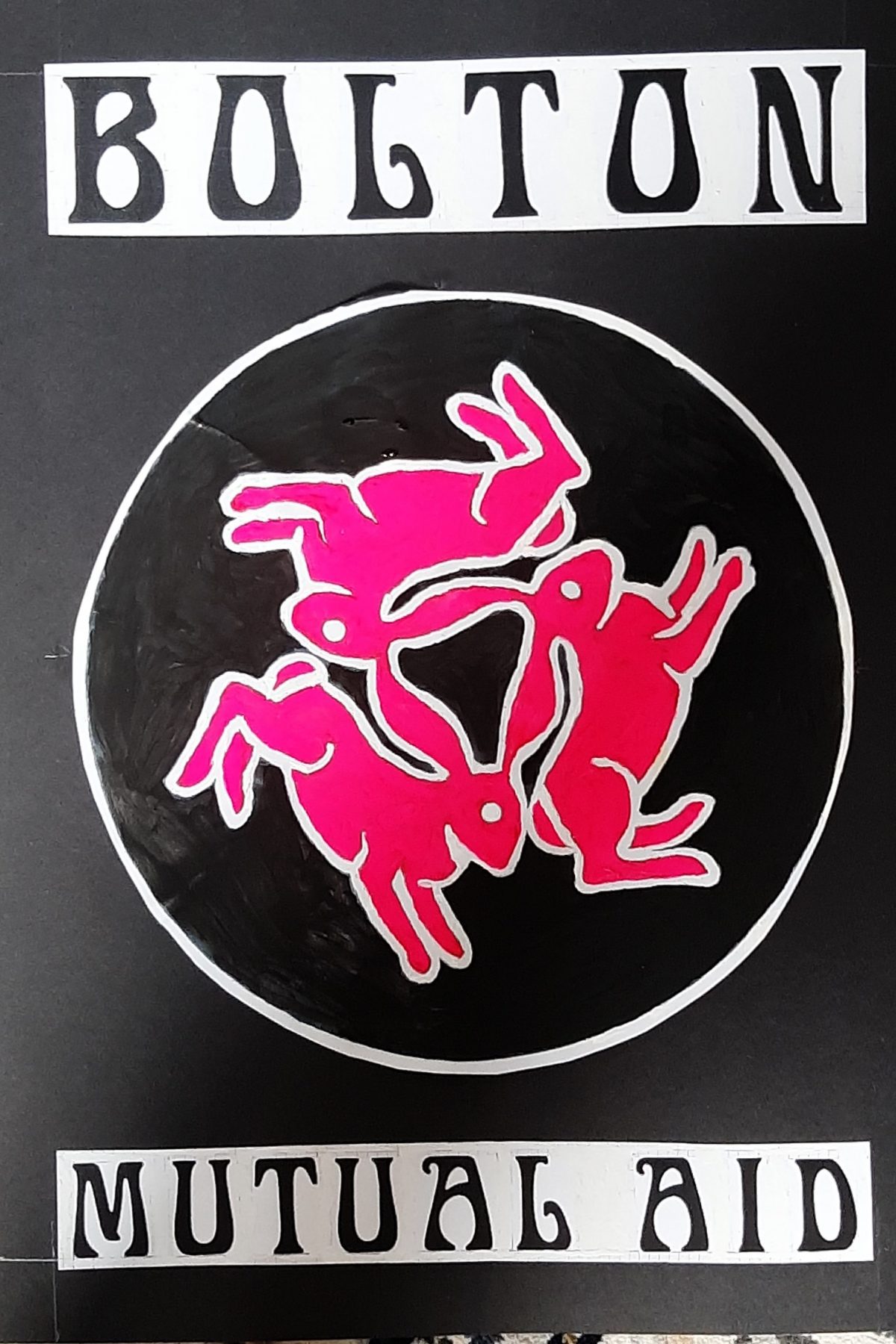
Our activity over the past few months can be summarised as follows:-
- We organised into six or seven local neighbourhood clusters in terms of running errands for people in need. The logic of this was to link up those requesting help to those offering help on a very local level minimising the need for longer journeys. Volunteers from particular neighbourhoods worked together and mass leafleted their own areas which have included both affluent and deprived neighbourhoods (it was quite notable that some people in more affluent areas have been very moved they have been unexpectedly offered help).
- Errands included shopping, picking up prescriptions, taking items to hospital or care homes and any other jobs such as paying bills. Our group also found itself very adept at creating active partnerships, sourcing necessary supplies (food, paper, PPE etc), signposting and responding to issues of loneliness and peoples particular physical needs such as special diets.
- According to one recent report[1] the four thousand or so mutual aid groups across the country ‘made the Government’s shielding and social distancing policies possible to sustain in practice.’ It continues: ‘With extraordinary speed, the most successful of these groups identified the most critical needs in their communities and met them with a holistic approach that has strengthened the local social fabric and improved all participants’ wellbeing in a time of crisis.’ The national Covid19 Mutual Aid Network which we quickly affiliated to was set up and promoted by an anarchist group through Freedom News. The groups attracted volunteers from every section of society and mushroomed into a genuine mass community movement.
- Liasing with the refugee charity we started delivery of food boxes to refugees in the government (NASS) houses and private rented homes. If we had not done this these people would have had no food whatsoever as other charities, taking their lead from the local authority, refused to give any support to refugees. Under pressure this policy changed after a couple of months and refugees were allowed to access the government food boxes. These refugees were the same people who we knew and whom we have supported for years with hot meals with our feeding project.
- We organised a hot food delivery service making soup and cakes for delivery to 40 local households. This is where our food plots really came into their own as we used available veg growing from the plots to make soup. From the start we planted lots of fast growing veg in the polytunnels including spinach, mustard, cress, rocket, pak choi and other Chinese leafy greens. We also got donations of old food from local organic grocers. We took donations of bread and other items from local homeless charities. The hot food delivery was another point of contact for older people who were clearly distressed and upset by the whole situation: it was another reassurance that they were not alone.
- We applied for some funding[2] and gained the means to buy and give out items for care boxes for delivery to all of the people we have been supporting. This was well received and needed by all of our new friends.
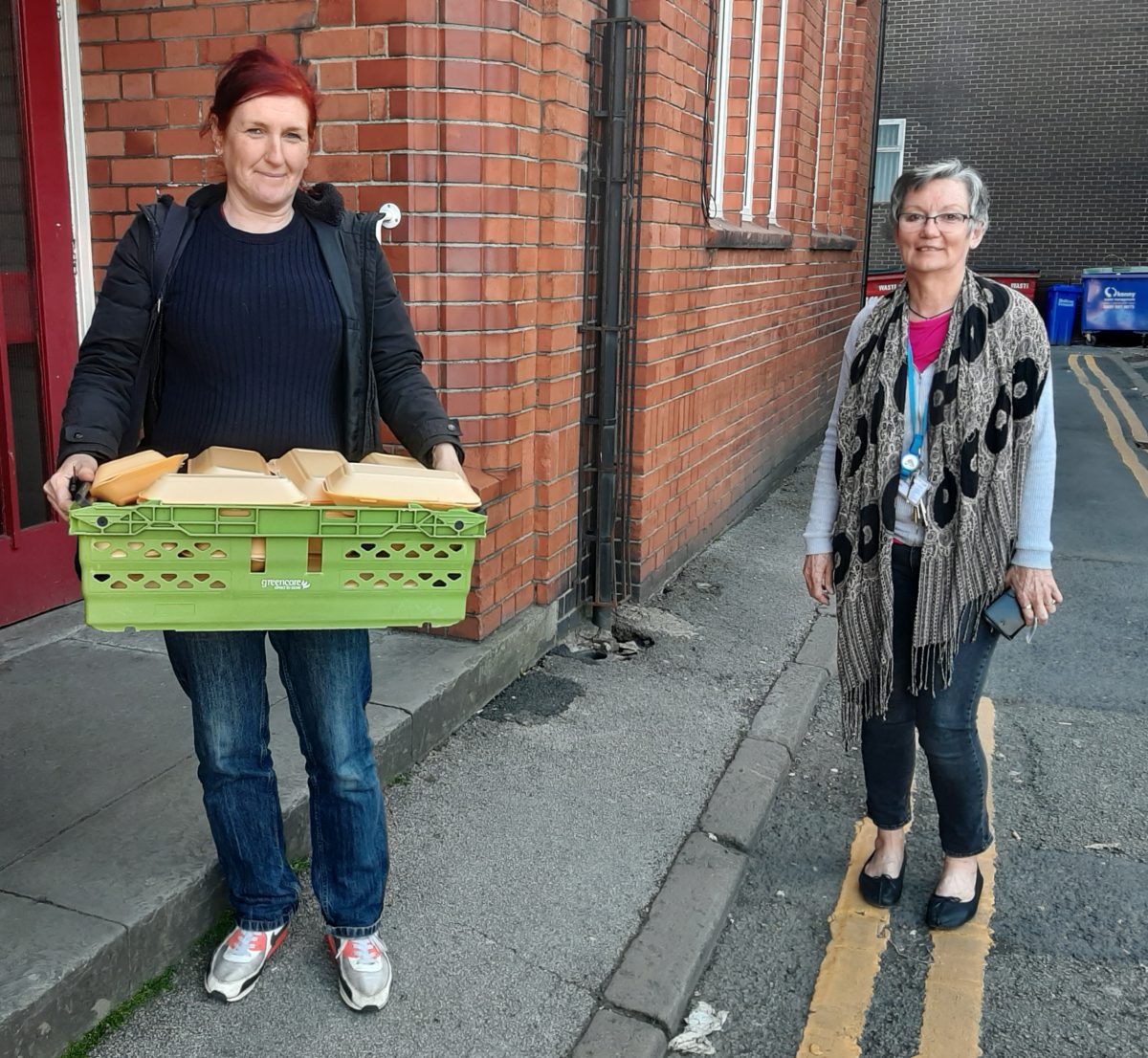
It is hard to put into words the emotional experience of this coming together within neighbourhoods. Bolton Mutual Aid was one of several community groups in Bolton working tirelessly to support neighbours in a time of great need. Perhaps the greater long term effect on a societal level has been the greater cohesion of families and networks of friends, relatives and neighbours not officially affiliated to any formal groups. As with the recognition of the role of health and care workers perhaps we are all now realising as a general point that what matters above all else is simply other people.
Brian Dunn, one of the older self-isolating residents in Great Lever who we have supported spent his life in the old friendly society movement. Since the introduction of state welfare, health and benefit schemes by successive governments in the twentieth century the movement began a seemingly terminal decline. Yet Brian was amazed to see the principles of fellowship and solidarity alive and kicking again in the midst of the crisis which had forced him to stay at home. He recognised those self same principles of community self help and mutual aid which had animated the many societies he had belonged to all of his life. In response to our recent survey Brian wrote,
‘We will live in a very different world post pandemic and the spirit of mutual aid needs to continue and grow. I have spent my life in the Friendly Societies, a form of mutual aid. I suggest we have a social event so we can all get together and discuss our ideas. I suggest a befriending service, visiting the sick and elderly and to assist them in any ways they may require’
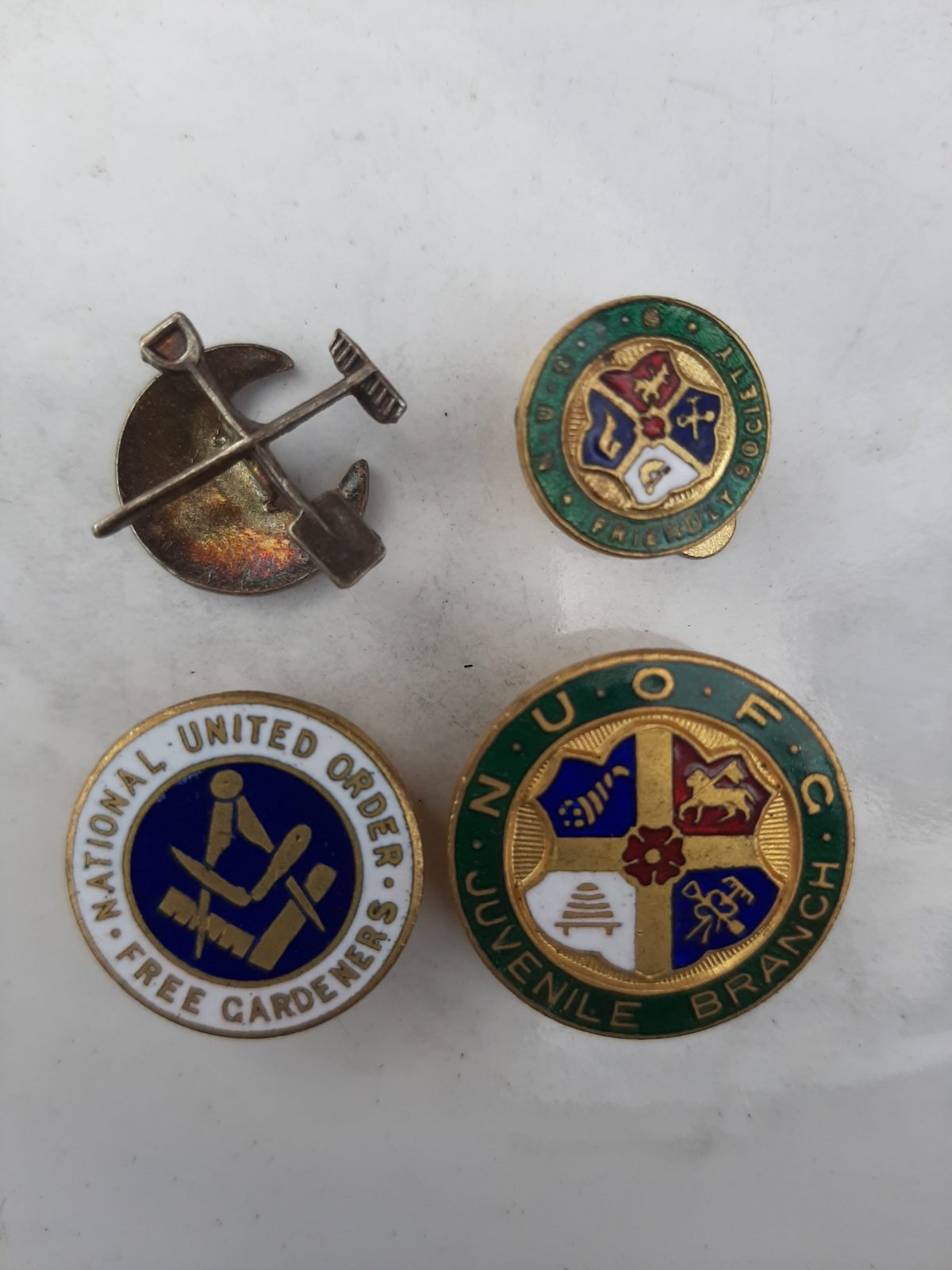
In 1910 there were 4,734,538 members of UK friendly societies[3] undertaking a huge range of social needs including health, welfare, sickness, burials, and pensions – voluntarily associating together in the sense of mutual support and fellowship. In other words a massive segment of the working class was self –organising in their local communities around essential social needs.
One of our slogans which we diggers promote is ‘reclaim and extend the commons!’ Yet we have been as surprised as anybody else that this extension and reclamation of the commons should take this form of mass community mutual aid. But then again it makes sense when you consider that all that we do and strive for has to have a basis in our social relationships: if those relationships can be altered from egotism and selfishness to altruism and solidarity then a more equal, green and more sustainable society might arise upon this solid foundation. If we can just let go on one level then perhaps the world we truly desire might finally come within our grasp? Well that is our hope anyway…
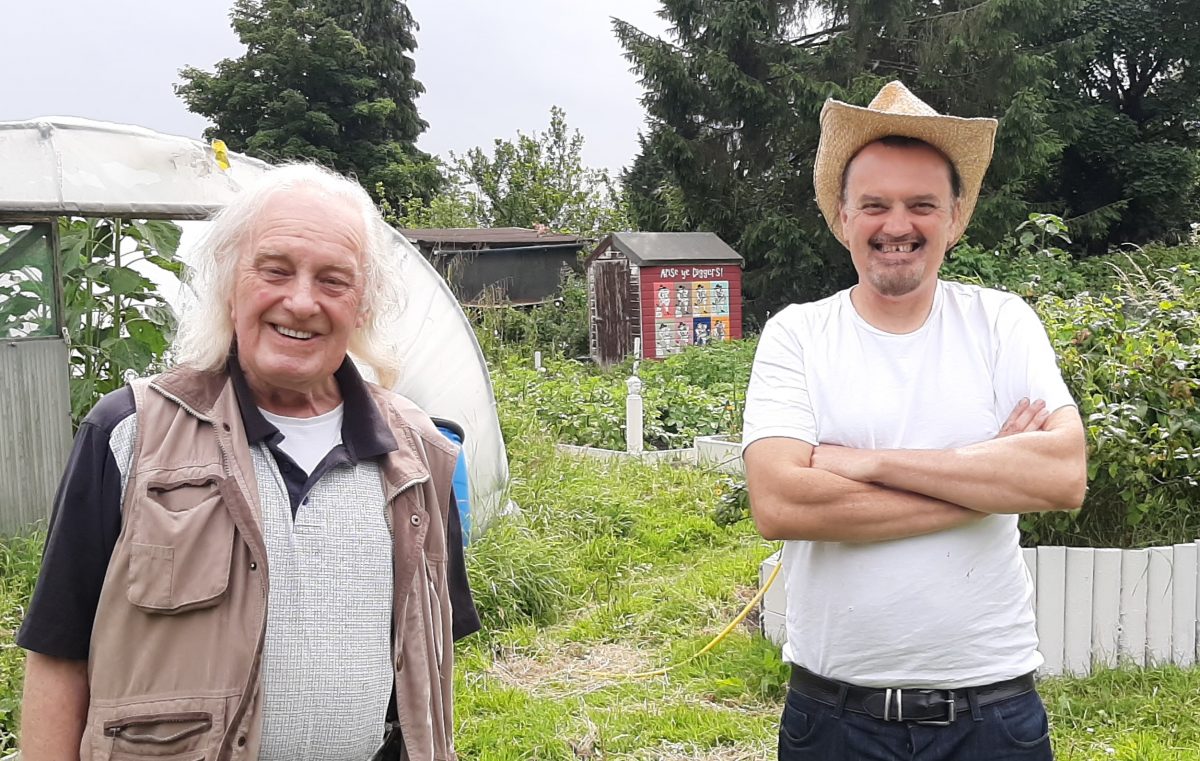
We all saw it, it wasn’t a dream, it was a glimpse of a more sustainable, greener society: the cleaner air, retreating pollution, the human solidarity, the encroaching wildlife, the friends and families cooking and growing together, the birdsong, the glad beams of an approving sun. We now know what is possible.
[1] ‘Communities v Coronavirus, The Rise of Mutual Aid’ by Luca Tiratelli & Simon Kaye (New Local Government Network 2020)
[2] This was after being refused funding from the local CVS because we were seen to be ‘duplicating the council’s own humanitarian efforts’
[3] ‘Reinventing Civil Society, The Rediscovery of Welfare Without Politics’ by David G Green, (Civitas:Institute for the Study of Civil Society 1993), p.42
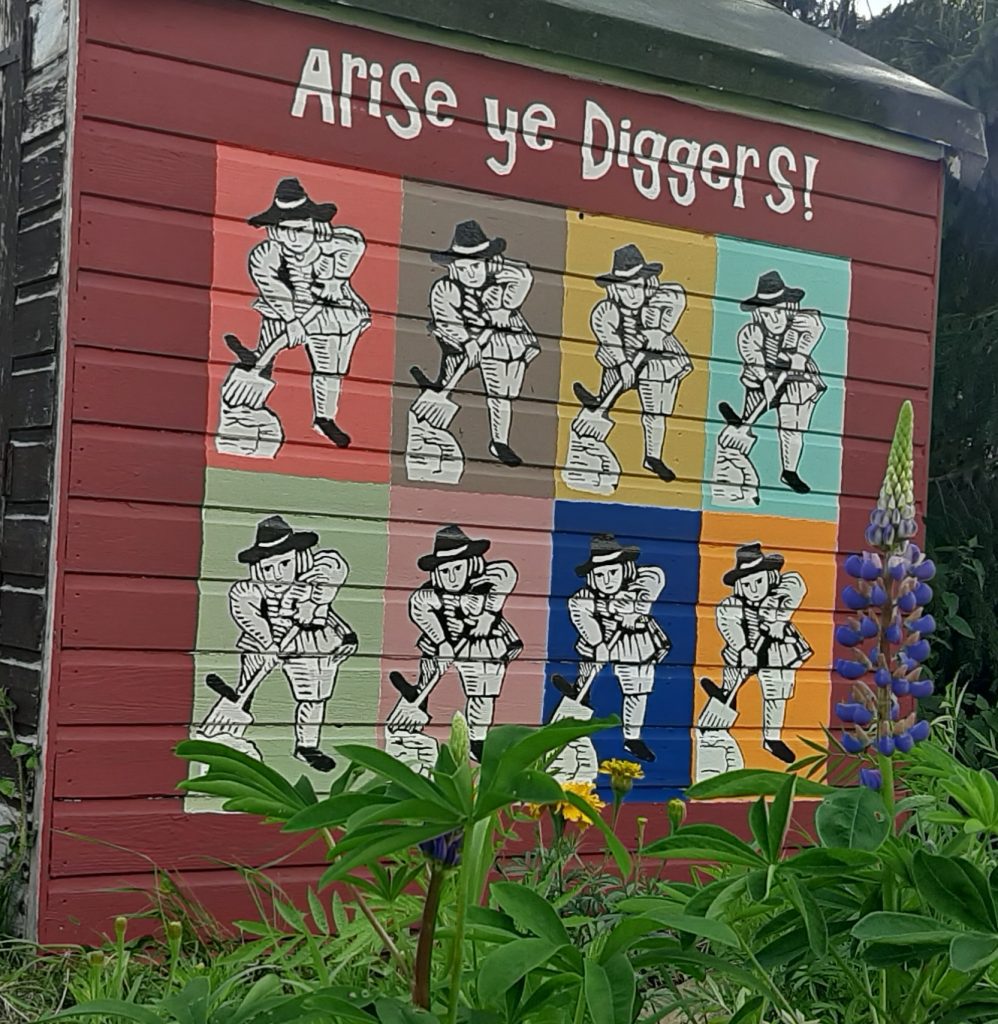
1 Comment
Amazing how you were able to continue your mission. Im looking for a way to share this with several nonprofit site’s I subscribe to.
Many Blessings